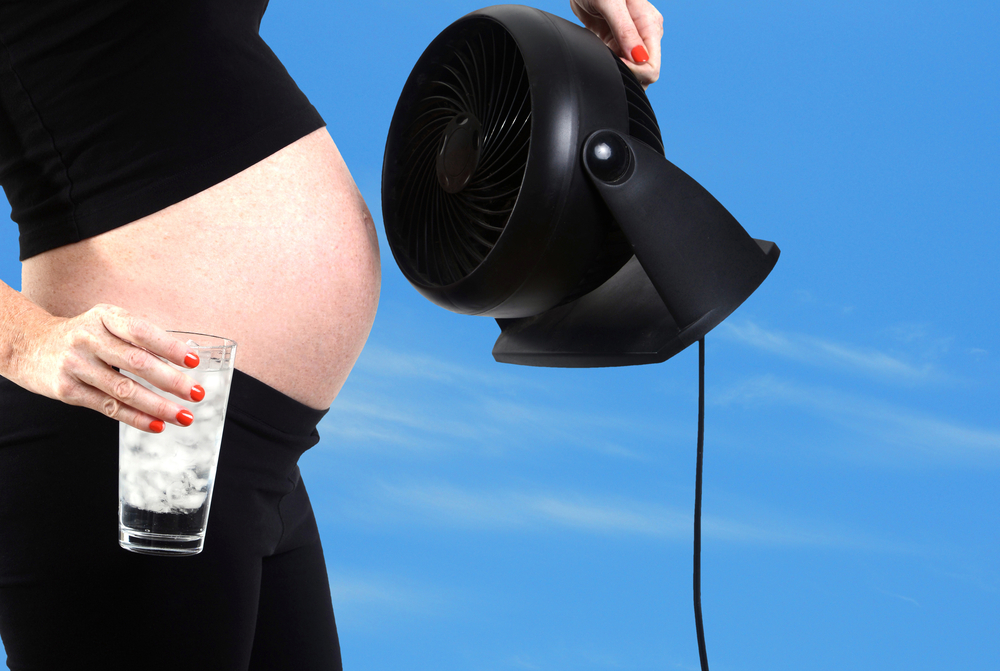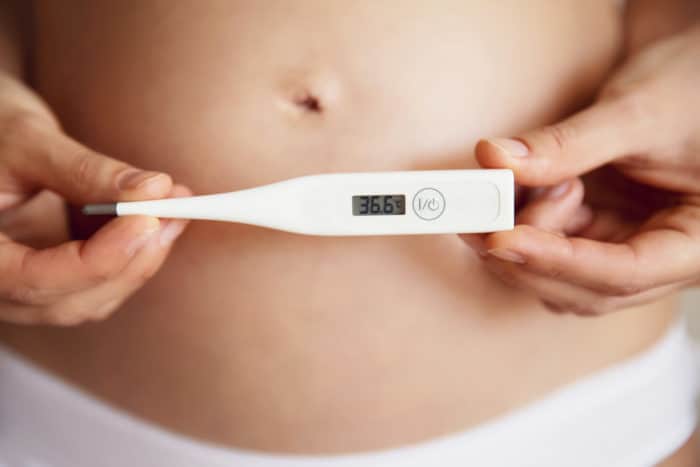Contents:
- Medical Video: World's Hottest Substance Vs Coldest Substance
- Is it possible for the fetus to overheat in the womb?
- What are the consequences if a pregnant woman is cold?
- Do not let the body overheat during pregnancy
Medical Video: World's Hottest Substance Vs Coldest Substance
Pregnancy is one of the many moments awaited women. It is important to keep the pregnancy as good as possible so that the mother and fetus remain healthy until labor arrives. Because of its protection, pregnant women may avoid extreme weather such as heat, whether it's too long in the hot sun or taking a hot shower, so that the fetus doesn't get too hot. So, is it true that frequent heat during pregnancy can make a fetus overheat? Does the fetus in the womb feel hot or cold? Let's look at the answer below.
Is it possible for the fetus to overheat in the womb?
Heat, especially those that increase your body temperature a lot and for a long time, can indeed harm the fetus in the womb. Experts reveal that the body temperature of pregnant women who are too high at risk of causing neural tube defects (spina bifida) in infants to miscarriage. However, the question is what might a mother who is overheating during pregnancy cause a fetus to overheat too?
Please note that the core temperature of the human body will actually remain normal even though the weather outside is hot or cold. Meanwhile, the temperature of the fetus will usually follow the mother's body temperature. So, if your body temperature stays normal, the temperature of the fetus will also remain normal and warm.
Unfortunately, until now it is not yet clear whether the fetus can also feel hot and cold or not. However, this is thought to have something to do with maternal health conditions.
Infants in the womb are prone to hypothermia, which is a decrease in body temperature that is too fast and causes cold. That's why babies are protected by amniotic fluid to keep babies warm and avoid infection.
When a mother has a fever of more than 38 degrees Celsius, the temperature of the fetus can increase or have the same fever. High fever during pregnancy can be caused by many things, one of which is due to infection with amniotic fluid or chorioamnionitis.
Chorioamnionitis can occur when there is a bacterium that successfully enters and infects the chorion (outer membrane), amnion (membranes), and amniotic fluid that surrounds the fetus. If the mother has an amniotic infection, the fetus can experience stress. Medically, this is called fetal distress (fetal distress).
When fetal distress occurs, the womb baby does not get enough oxygen from his mother. As a result, the baby's heart rate becomes irregular and has increased. Well, this increase in heart rate is often considered that the fetus is exposed to fever or heat, as reported by Very Well Family.
What are the consequences if a pregnant woman is cold?
When the mother experiences severe cold or hypothermia, it does not mean the fetus will also experience cold in the womb. However, this condition also cannot be considered trivial.
The mother's body temperature which drops dramatically suddenly can constrict the mother's blood vessels. As a result, the oxygen-containing blood flow failed to be delivered to the fetus's body, so the fetus lacked oxygen. If the mother continues to be left in a state of hypothermia, the fetus in the womb can grow deformed or even die in the womb.
So in short, pregnant women who feel hot or normal cold will have no effect on the baby in the womb. Unless the mother experiences heat or extreme cold, this can only have a fatal impact on the baby and needs to be addressed immediately.
Do not let the body overheat during pregnancy
As long as your body temperature remains stable even though the weather outside is cold, you really don't need to worry that your baby will get cold in the womb. Likewise, when you are often overheated during pregnancy, this will not actually make your fetus feel as hot as you feel.
However, remember that this does not mean you can then be free of heat during pregnancy. If you are feeling hot during pregnancy, whether it's due to hot weather or having a hot shower, it doesn't hurt to immediately drink plenty of water to prevent dehydration. Although not directly related, pregnant women who are dehydrated can also increase fetal temperature even though it is not too drastic.
Whereas if you feel cold or fever, immediately compress warm water to help reduce the fever. That way, the temperature of the fetus can stay warm and not interfere with the development of your prospective child.















